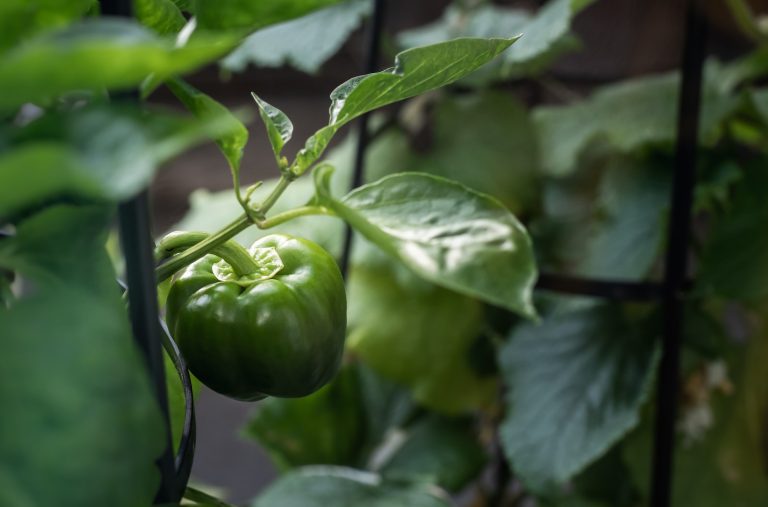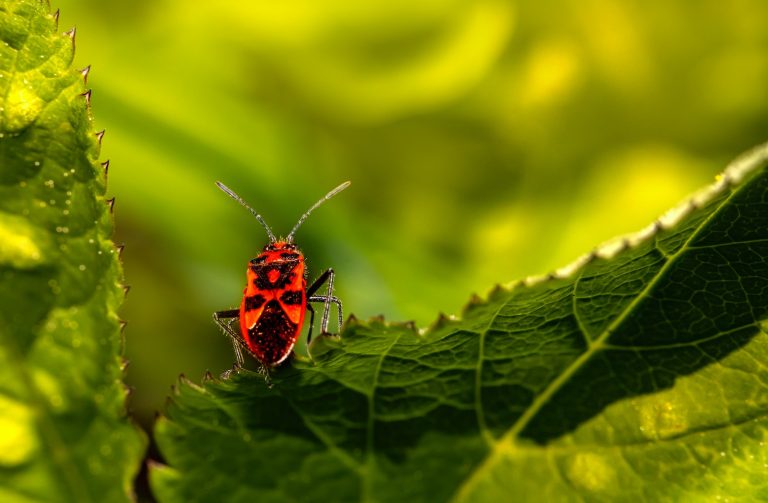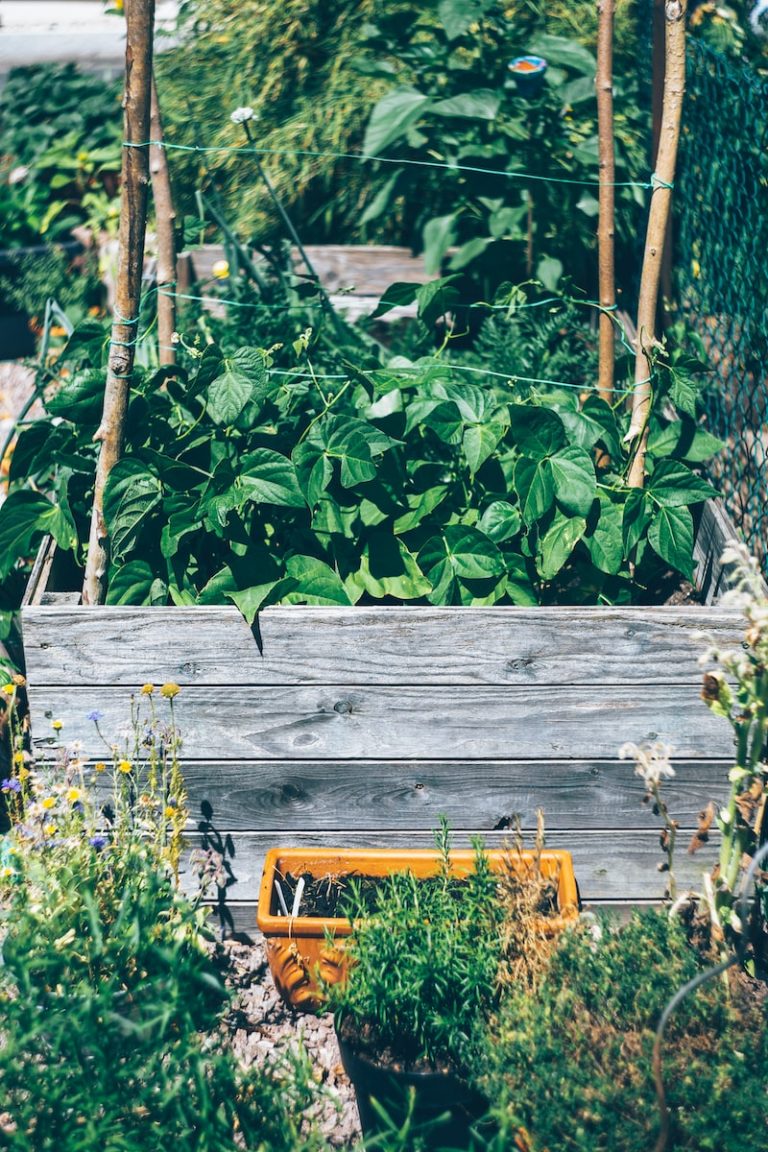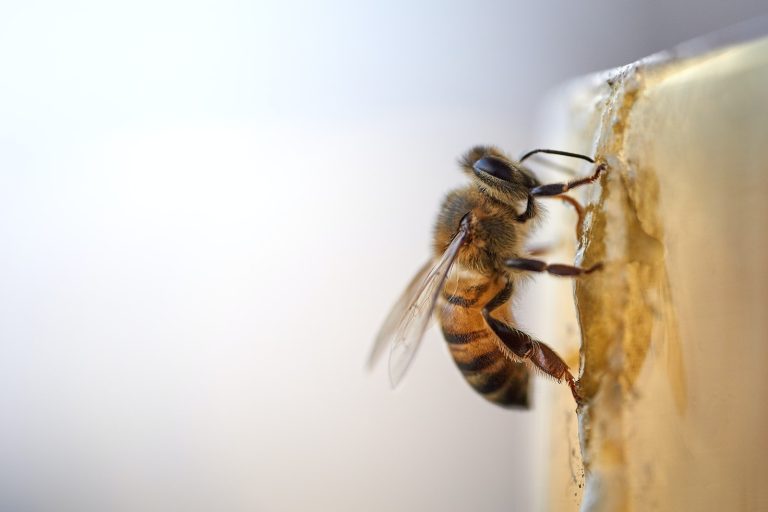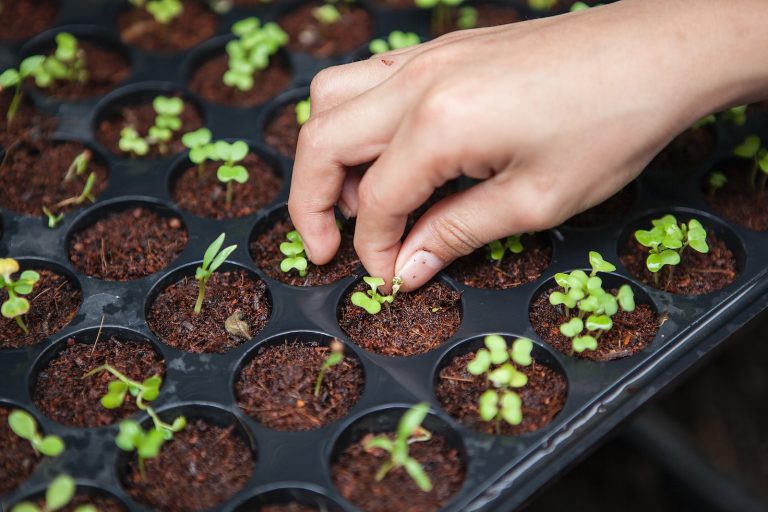How to deal with Pests to keep Your Herb Garden Healthy
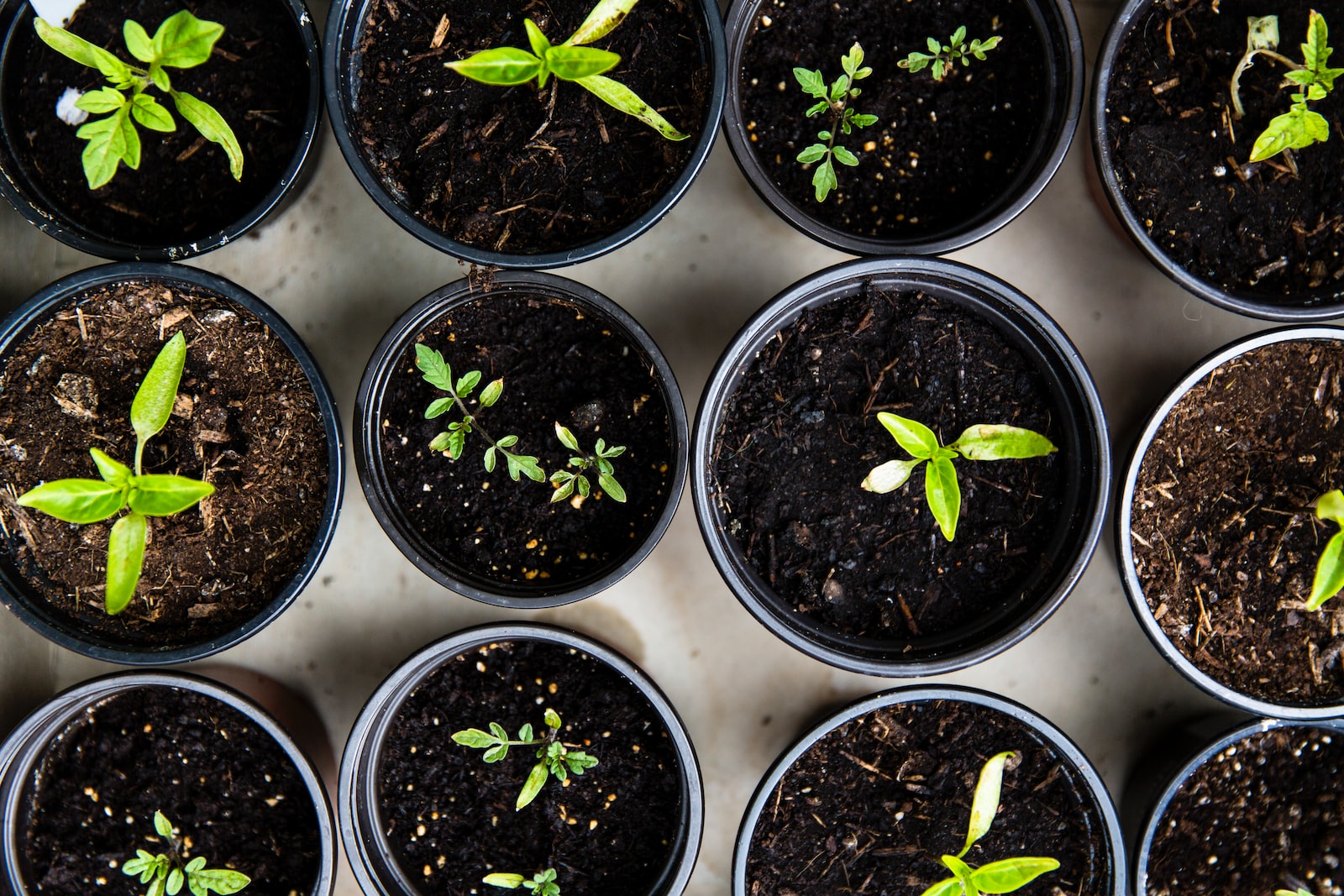
As a herb enthusiast, nothing beats the satisfaction of seeing your garden flourish with aromatic and flavorful plants. However, between pests munching on your basil leaves, diseases attacking your chives, and other unpredictable challenges that arise from time to time, maintaining a healthy herb garden can be quite challenging.
But don’t fret! In this blog post, we’ve compiled expert tips and tricks to keep those pesky critters at bay while ensuring that your herbs thrive all year round. So put on your gardening gloves and come along as we explore the world of herbal plant care together!
What is an Herb Garden?
An herb garden is a great way to add fresh, flavorful herbs to your cooking. But growing herbs can be a bit tricky, as they are susceptible to pests, diseases, and other challenges. Here are some tips for keeping your herb garden healthy:
-Start with healthy plants. Disease can often be introduced through unhealthy plants. Purchase your herbs from a reputable source and inspect them carefully before adding them to your garden.
-Be vigilant about pests. Check your plants regularly for signs of pests and take action immediately if you see any.
-Water wisely. Too much or too little water can stress herbs and make them more susceptible to disease. Water in the morning so that the leaves have time to dry before nightfall.
By following these tips, you can enjoy a bountiful harvest of fresh herbs all season long!
Different Pests, Diseases and Other Challenges
Different pests, diseases, and other challenges can cause problems for your herb garden. Here are some tips for keeping your herb garden healthy:
Pests:
There are many different types of pests that can affect your herb garden. Some common herb garden pests include aphids, caterpillars, slugs, and whiteflies. To control pests in your herb garden, you can use several methods including: handpicking them off plants, using row covers or netting to keep them off plants, using pest-resistant plant varieties, and using biological controls such as ladybugs or lacewings.
You can also use chemical controls such as insecticidal soap or neem oil but be sure to read the label carefully and follow the directions to avoid harming beneficial insects or yourself.
Diseases:
There are also many different diseases that can affect your herb plants. Some common diseases include blight, powdery mildew, rust, and root rot. To prevent diseases in your herbs, you can practice crop rotation (planting different crops in different areas each year), choose disease-resistant plant varieties, water early in the day so leaves have time to dry before nightfall when fungi thrive, and remove infected leaves from the plant.
You can also treat diseases with chemicals such as fungicides; however, be sure to read the label carefully and follow the directions to avoid harming yourself or other helpful creatures such as bees.
Other Challenges:
In addition to pests and diseases, other challenges such as pests, extreme temperatures, poor soil quality or drainage, inadequate light, and incorrect watering can make it difficult to grow healthy herbs.
To help prevent these issues you can use mulch or ground covers to reduce weeds and conserve water; provide shelter from strong winds with wind breaks; and make sure plants are in a location that receives at least 6-8 hours of full sun per day.
Additionally, you should always use good garden practices such as rotating crops regularly, amending the soil with compost, avoiding over-fertilizing your plants, and proper watering techniques.
Protect Your Herbs from Disease and Pest Infestations
Your herbs are susceptible to the same pests and diseases as other plants in your garden. Here are some tips on how to protect your herbs from disease and pest infestations:
- Inspect your herbs regularly for signs of pests or disease. Check under the leaves and around the stems for any evidence of insects or fungal growth.
- If you find any pests or disease, isolate the affected plant from the rest of your garden. This will help prevent the spread of the problem.
- Treat affected plants with an appropriate insecticide or fungicide. Be sure to follow the instructions on the label carefully.
- Keep your herb garden clean and free of debris. Remove dead leaves and spent flowers promptly to reduce the risk of problems developing.
- Water your herbs early in the day so that their leaves have time to dry before nightfall. Wet leaves are more susceptible to fungal diseases.
Dealing with Weeds in the Garden
- Pull them by hand when they’re small. This is the most effective way to deal with weeds, and it’s also the most environmentally friendly.
- Use a hoe to loosen the soil around larger weeds so you can pull them more easily.
- Apply a layer of mulch to your garden bed to prevent weeds from germinating in the first place.
- If you must use herbicides, be sure to choose a product that is safe for use around food crops and follow the directions carefully.
Watering Your Herbs
Watering your herbs is one of the most important aspects of herb gardening. Here are some tips to help you water your herbs:
- Water your herbs early in the day so that the leaves have time to dry before nightfall.
- Water at the base of the plant, not on the leaves.
- If possible, use rainwater or distilled water.
- Allow the soil to dry out somewhat between watering. Don’t let your plants sit in soggy soil.
Handling Extreme Weather Conditions
Herbs are one of the most versatile and widely used plants in the world. They can be used for cooking, medicinal purposes, or simply as a decorative element in your garden. Unfortunately, they are also susceptible to a number of pests, diseases, and other challenges. The good news is that there are a number of steps you can take to keep your herb garden healthy.
One of the most important things you can do is to select the right location for your garden. Make sure you choose an area that gets plenty of sunlight and has well-drained soil. If possible, try to avoid areas that are prone to flooding or excessive moisture.
Once you have chosen the perfect location, it’s important to prepare the soil properly. This will help ensure that your herbs have all the nutrients they need to thrive. After preparing the soil, be sure to plant your herbs at the appropriate depth and spacing. You can find more specific planting instructions on the seed packets or plant tags.
Watering is another critical element of herb garden care. Most herbs require 1-2 inches of water per week. Be sure to water deeply and evenly so that the roots have access to moisture without getting waterlogged. Allow the soil to dry out slightly between watering sessions so that the roots don’t become susceptible to fungal diseases.
Finally, make sure you monitor your garden regularly for signs of pests or disease. These problems can often be controlled with early detection and treatment. By following the above steps, you can ensure that your herb garden stays healthy and productive even in extreme weather conditions.
Creating a Balanced Herb Ecosystem
When it comes to pests, diseases, and other challenges, there are a few things to keep in mind when it comes to keeping your herb garden healthy.
First, it’s important to create a balanced ecosystem in your garden. This means having a variety of different plants that will attract different kinds of insects and animals. Having a variety of plants will also help to keep the soil healthy.
Second, it’s important to be proactive in dealing with problems. This means regularly inspecting your plants for signs of pests or disease and taking action immediately if you see anything abnormal. The sooner you catch a problem, the easier it will be to deal with.
Third, don’t forget about the benefits of natural predators. Many birds and animals will eat the same pests that are bothering your plants. Encouraging these predators to visit your garden can be a great way to keep pests under control.
Taking these steps will help you create a healthy herb garden that can withstand pests, diseases, and other challenges.
Conclusion
Herb gardens offer a wonderful way to add flavorful herbs to your cooking and to bring some beauty into your backyard or patio garden. However, like any other type of garden, herb gardens can be subject to pests, diseases, and other environmental challenges.
We hope that our tips have provided you with the knowledge and resources needed for keeping your herbal garden in good health so that it can provide many jars of fresh pesto and longevity for years to come!

Emma is a talented writer and enthusiastic gardener who shares her passion for plants and gardening on HomeGardenBlog.com. With years of experience in home gardening, Emma has become an expert in everything from planting and harvesting to pest control and soil management.


